Interview with OMG by Ryan Lunwai. You can find the video here. I highly recommend you watch it while reading the piece, or else some parts will seem fragmented.

After failing during the Spring and Summer Split, OMG managed to have the worst results in their team’s history. What kind of problems occurred? We hope to give everyone an answer.
Cool: Everyone’s qualities are different.
Loveling: Gogoing’s temperament has always been stubborn.
Gogoing: I kept playing until I was replaced.
Loveling: Uzi has a fiery temper. With Cool, if I said something to him, he might not interpret it correctly–and then maybe I’d get too lazy to actually explain myself.
Cool: I kept thinking–I should first play well myself.
Loveling: We had problems believing in each other.
Gogoing: I felt like people had trouble believing in me.
Cool: Even if we fought, we didn’t always reach a resolution.
Gogoing: I lost myself.

During the Spring Split, OMG had a change in attitude and they lost sight of their goal.
Cool: First off, I don’t think I can compare myself now to back then. Part of it is because of who I am, and the other part of it is because of the environment. Before, we thought we were really strong–we had a string of victories. The atmosphere was really good. When we were making decisions, we believed in ourselves. We felt like our choices were definitive. It was easy to lose yourself. This year drew in a lot of Korean players, so there was a big difference in the strength of our opponents. Before, we played against domestic players in China, which might’ve been a lot easier. But when we travelled to international competitions, there were very apparent problems. So ultimately, it’s because of the player–and it’s because of the environment.
Where I’m lacking is I’m very anxious when it comes to the game. Sometimes, when I lose, or when there’s a part of my gameplay I’m not happy with, I’ll bring it up. Maybe I come off a bit extreme when I discuss things with everyone. Even when I brought things up a lot, I didn’t think I was very argumentative. If someone else brings up a good point, then I’ll think about their viewpoint too.
Loveling: When I first started, I didn’t think I was working that hard. When the Spring Split started, at least. We started working harder later on, though. But we had problems communicating with our coach. During scrims, we’ll might have a few arguments, and we wouldn’t resolve them in a timely manner. Our problems grew bigger and bigger, and I felt like we resorted to an “every man for himself” mentality.
Gogoing: Blaming each other–this is something that every team goes through. Complaining about each other… we might’ve gotten cocky after our good results from Season 4. Our attitudes changed. We felt like we were strong, but all the teams were pretty strong. Maybe it’s because we lost–or maybe it’s because we didn’t perform up to our own expectations–either way, that causes a huge drop in your mentality.
Cool: First off, the players–well, it’s just like I said before, the environment might be good, and you might get a lot of applause, and a lot of praise on social media. Either way, it affects you. Maybe you’re not affected by it individually, but your teammates might be affected by it. This is a difficult area to talk about. Even if we argued before, we were still competing for the top spots. But nowadays, when we argue, we might not be able to make it to those top spots. Our results were really hard to accept because everyone thought we were a strong team. When we couldn’t get results, our fans, our team, our management–everyone was disappointed, and so, we became depressed.
At the time, we had a heated argument. Everyone had clashing personalities and temperaments anyway–it came to the point where we’d say things like, “If you play, I won’t play. If you don’t play, I’ll play.” It was hard for me to accept. We told our coach several times–I told him I really couldn’t play. If we couldn’t win, then why couldn’t we try something else? So when it came down to it, the coach said he’d try something else.
During the Summer Split, everyone saw that we switched our roster during the later half of certain games. We’d lose. We’d lose to a weak team. Sometimes, we’d go 1-1. Sometimes, we were crushed. Sometimes, we’d crush other teams. It was a whole spectrum. Everyone probably saw a lot of the good and bad of that split.

After losing, OMG’s coach didn’t necessarily tell the team to revert back to their old play style. He’d like to talk to them individually, and the team went back to their outspoken ways. For a long time, small problems snowballed into big problems. And this is also the coach’s responsibility.
Cool: In my opinion, the coach is a necessary and useful part of a team. At the least, the coach came all the way from Korea, so he deserves respect. They’ll give their opinions concerning the game. But since they came all the way here–and Korea is the capital of competitive gaming–they should be useful if they come here. But to be honest, I feel like it’s not easy to be a coach. He’ll try to think of ways to help us, but sometimes, our players were a little too proud. It’s really hard to help someone like that. The coach will accompany us for practice everyday until it’s very late.
Gogoing: I feel like–in my own opinion, our team didn’t believe in our coach. That’s why this situation happened. A lot of the times, it’s because coaches have problems in pick and ban. And sometimes, it might be because you don’t believe in your coach. But once or twice, I felt like I was losing myself. Do you understand what I mean? I just felt like I would regret it. I would ask myself, “Why didn’t you listen to your own intuition? Your own decisions?” So these kind of problems happened.
(Off-camera interviewer asks: Later in the season, you decided on pick and ban together as a team)
Gogoing: And it was a lot better. Our relationship with our coach was good. We’ll make the picks, and the coach wouldn’t oppose it too much. We would agree on–let’s take Uzi for example–we’ll tell him to play a different champion–and we’ll tell our coach as a 5 man unanimous decision. It was a team effort.
(Off-camera interview: So you didn’t believe in him?)
Gogoing: It’s not that I didn’t believe in him. It’s because he needs to let the players see how he can be useful. He needs to let the players acknowledge him from the bottom of their hearts. You can’t enforce things if the players think differently. You need to have one unanimous goal. I think the players should take responsibility for what they do–you can’t let your players turn into robots and just listen to all your plans as a coach. If I think I should do something in game, and I’m wrong, then I should take the blame.
Loveling: Either way, their training methods have problems. But you can’t say there’s no upsides. Before, OMG had only Chinese coaches. Our training methods were different. And our way to resolve things were different too. When our team encounters a problem, we’ll hold a meeting and argue a bit. They [Korean coaches] think we’ll get into fights, and they’ll try to control us. If we continue discussing it, they’ll try to talk to us individually. And we won’t have a group discussion to clarify things. Everyone was estranged from one another.
Gogoing: At the very least, the coach needs to understand the players. They have to be able to express our feelings. But because there’s a lot of communication problems with our Korean coach, we couldn’t that in-depth level of discussion we needed. The coach might not like when the team gets together to talk about its problems. He liked to talk to us individually. I feel like this only creates tension between the team–and the problems become more and more apparent. For example, if we finished a scrim and there were problems in game, we’d normally just argue about it right then and there. But the coach will tell us not to argue. He was trying to empathize with the other person involved. I didn’t know about this difference between Korea and China. But I feel like if we can argue about it for a bit, we can figure out the issue and resolve it.
WILL CONTINUE IN PART 2.


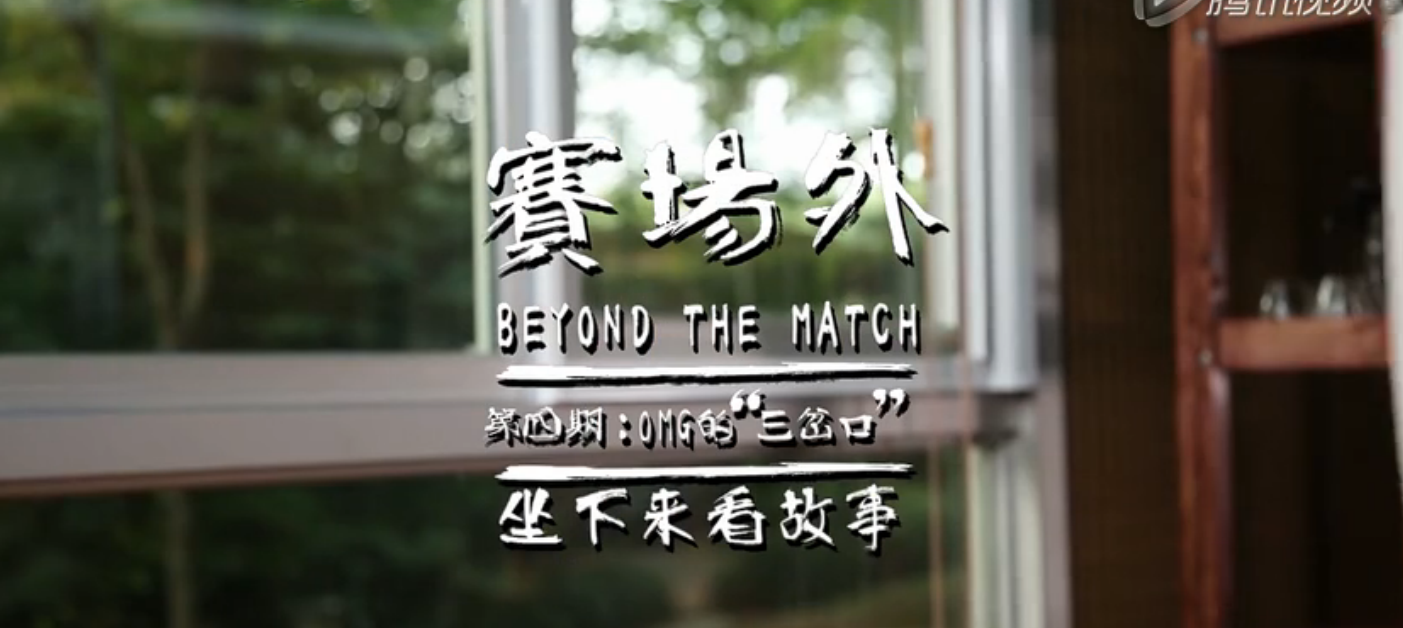
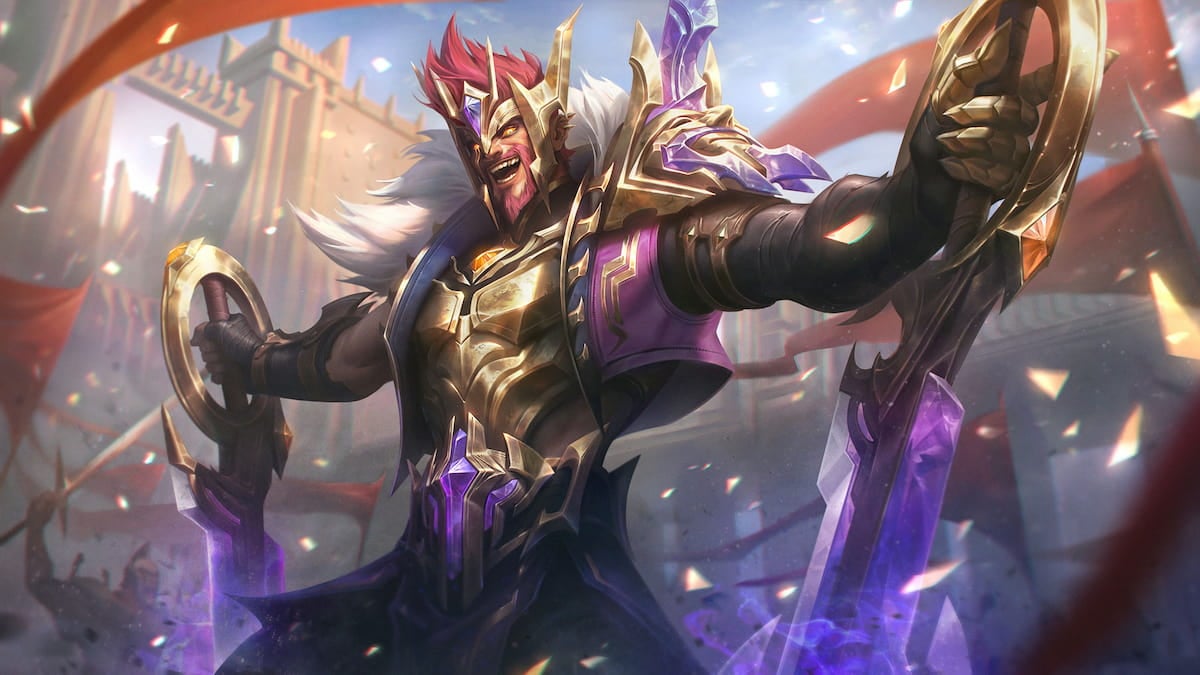
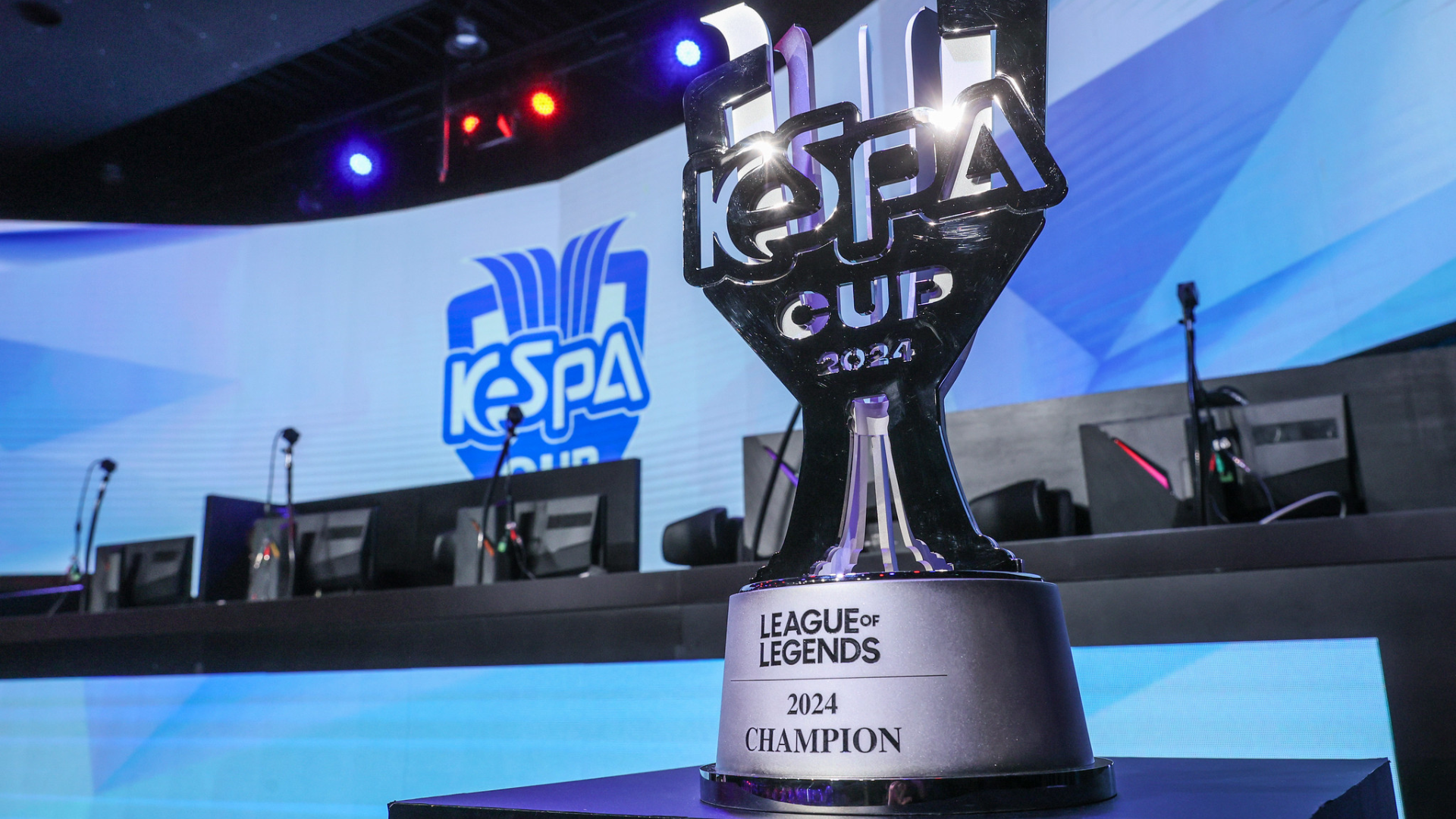
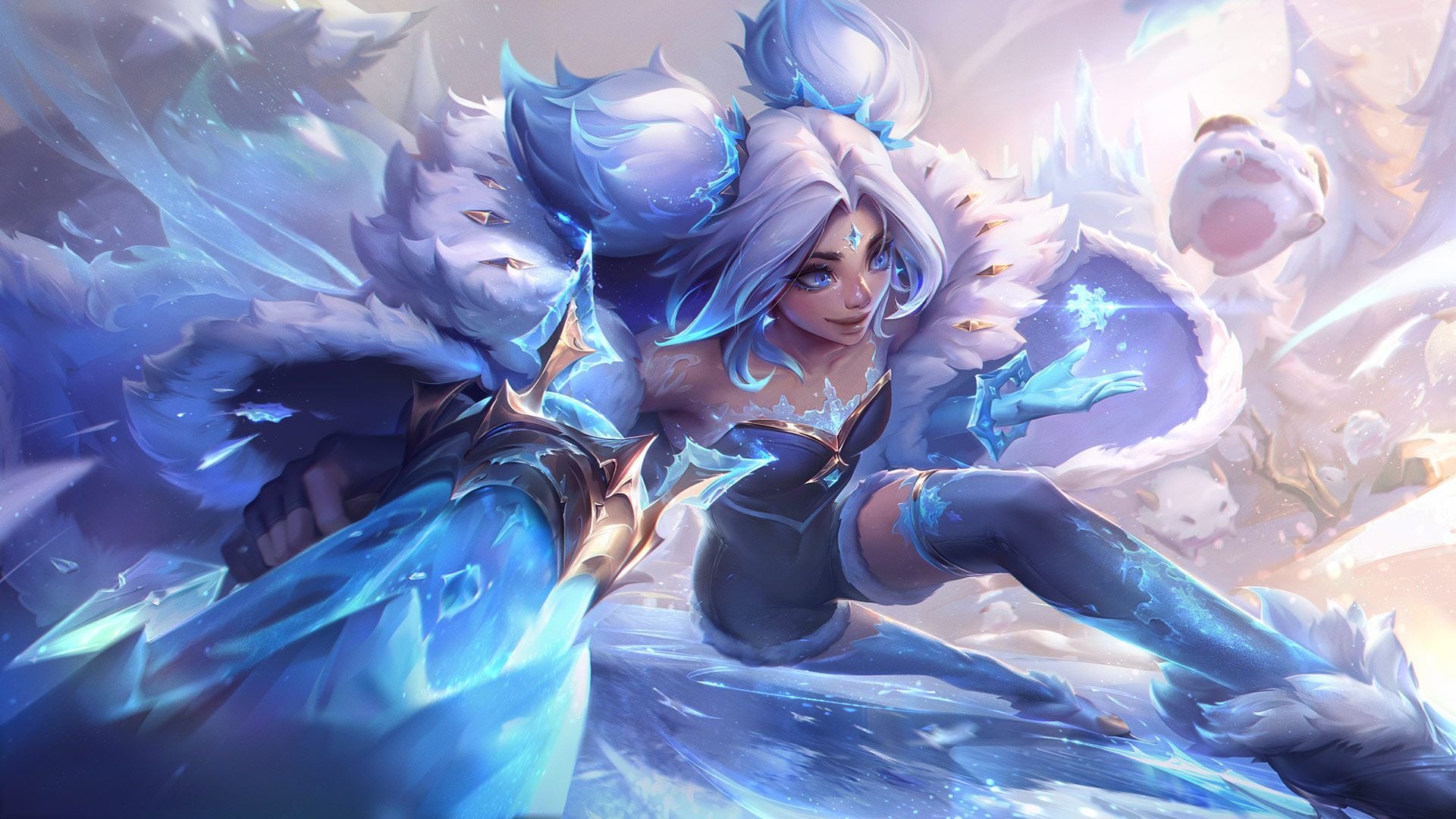

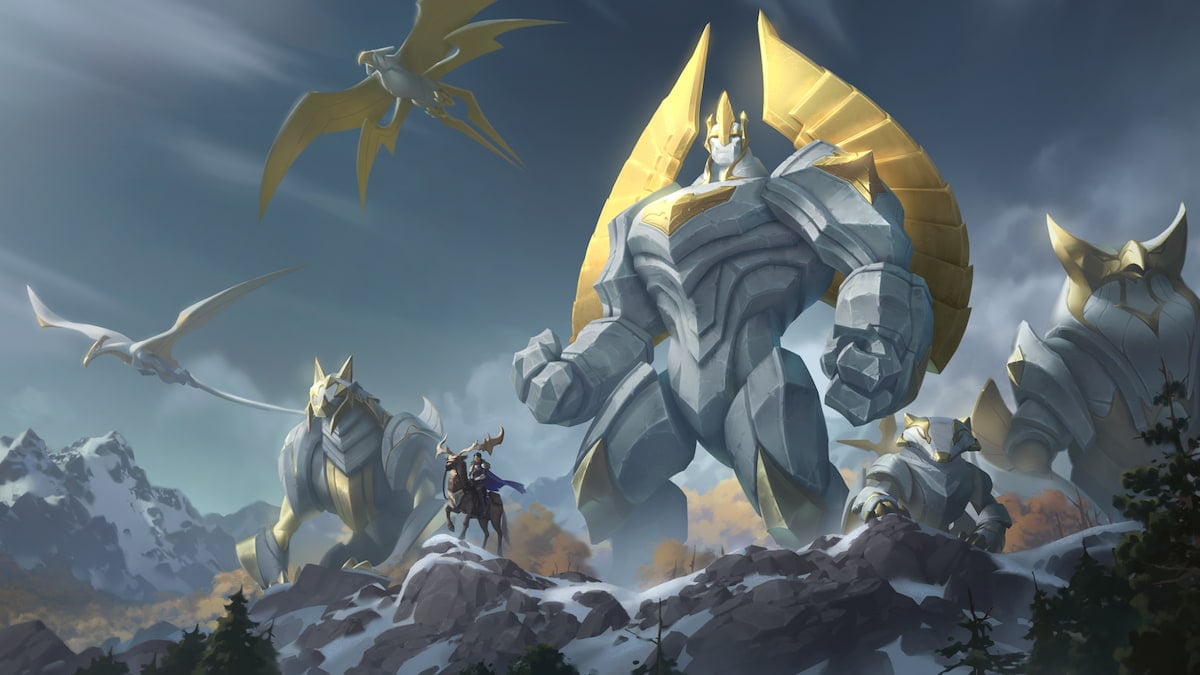
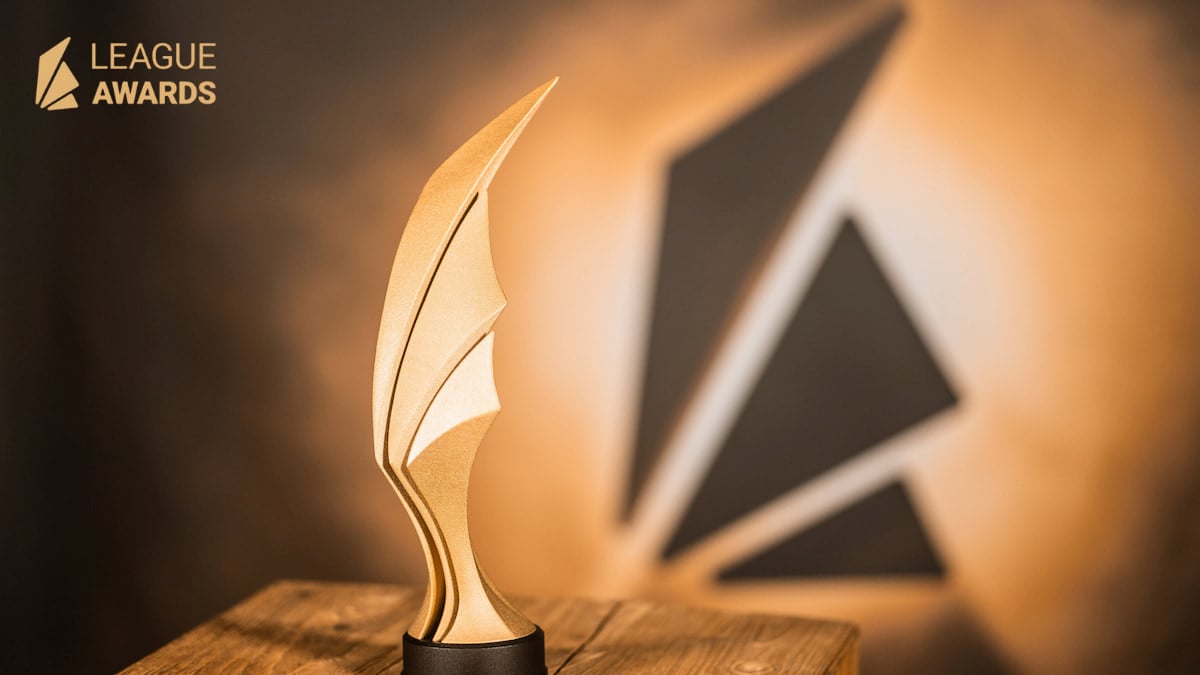
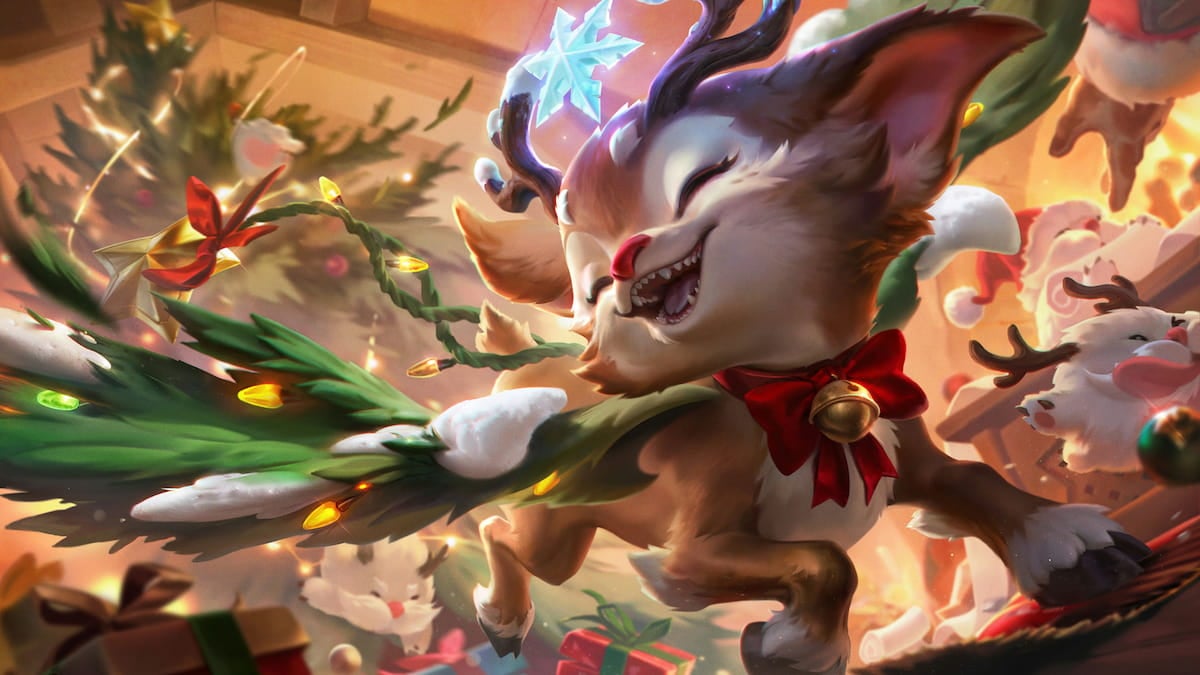

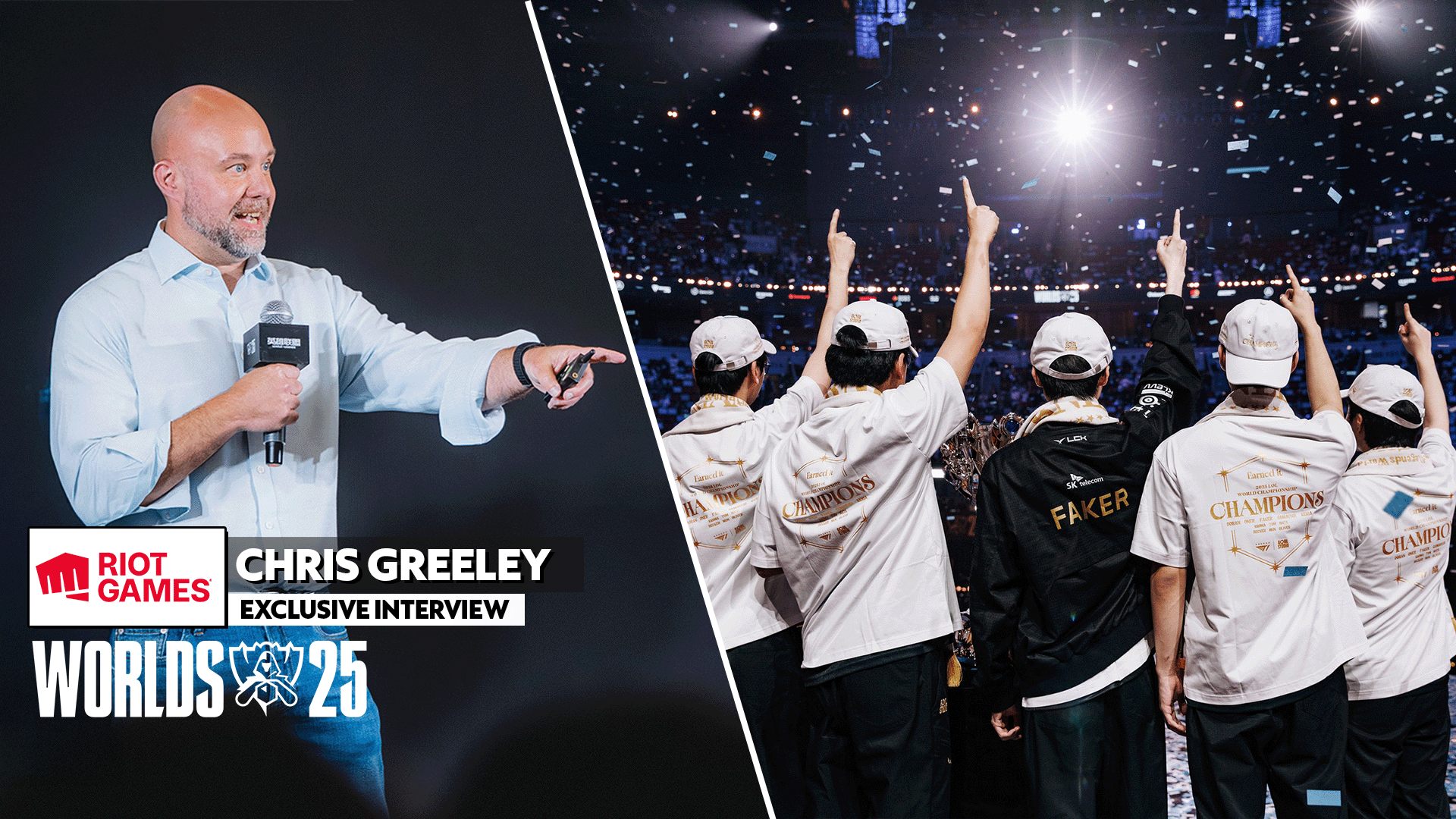
Published: Nov 16, 2015 05:33 pm